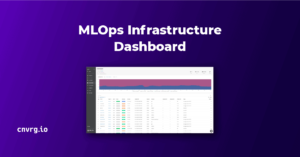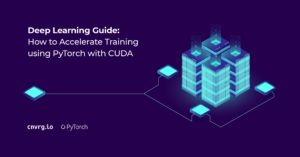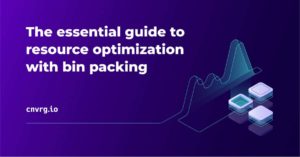There are endless resources for helping beginners become data scientists. But what about professional data scientists? You may have read our recent post “Most Valuable Characteristics According to Data Science Leaders“. We asked data science leaders to share what they believe are the most valuable attributes of data scientists on their teams. Many of the answers overlapped, while others differed. Their answers helped professional data scientists understand the perspective of someone leading a data science team, though it didn’t offer a way to implement that knowledge. And, as data scientists ourselves, our work is only valuable if we provide actionable insights.
So, what actions can you take today to become a more valuable data scientist? We’ve consolidated the great advice of our data science leaders into 10 actionable steps:
1. Improve your areas of weakness
Data science requires a balance of knowledge. Use free internet resources to update your programming, math, computational or scientific skills. There are endless resources at KDNuggets, Towards Data Science, DataCamp, and a curated Trello filled with data science resources.
2. Master the domain or industry you are working in
Whether it’s BI, gaming, finance, automotive, or healthcare – you need to understand the context your models will be used in. The more you understand the business, the better your models will perform. Squeeze information from other departments, as their knowledge is essential to your success.
3. Revisit business goals and make sure you’re on track
Before submitting to data science tunnel vision, take time to analyze the direction your model is going. Ensure that your machine learning model will solve the business goal.
4. Follow the business timeline
Companies need to move fast. To ensure your model is relevant to the business, it’s important to stick to the timeline. Don’t take unnecessary steps. Sometimes a problem does not require machine learning. Make sure you have chosen the fastest and most effective solution.
5. Follow best development practices
Consider all best practices. That means making your data science reproducible. Make sure your research, code, environment and parameters are documented and legible. You can start by centralizing all your teams projects in one place with cnvrg.io.
6. Learn to work in a production environment
Don’t stop at deployment. Follow your models through to production by tracking their health and analyzing their utility. When models are performing badly, take the time to solve the problem and fix it.
7. Translate knowledge to useful outputs
Evaluate your models performance in production in business terms. Implement A/B testing to optimize your models value. Finally, share your success with business insight in mind. Depending on the domain of your model, you should present the KPIs that solve business goals.
8. Complete your models through to production
Research, building and training models are only 90% of the work. Seeing your model through to production, monitoring and tweaking is what really counts. Finish the project by controlling your model and seeing it all the way through.
9. Produce actionable insights from your models
The final 1% of your job is the most valuable to the company. It is the point where you extract actionable insights from your models. If you know the domain you’re working in, you can then provide suggestions to stakeholders so they can take action.
10. Always seek more data and insights
Being “hungry for data” is more of an instinct than something learned. It means having curiosity, passion, and creativity when times are quiet. Consider yourself a data detective, always seeking ways to discover insights.
By following these 10 steps, you are on your way to becoming a more valuable data scientist to your company. It’s important that data scientists not get stuck in their silo of scientific understanding, but to look ahead at what business value they are adding. You might also find it valuable to speak with both data science and business leaders in your company to understand what is important to them. This will surely differentiate you as an expert data scientist, and a true value to the company.








